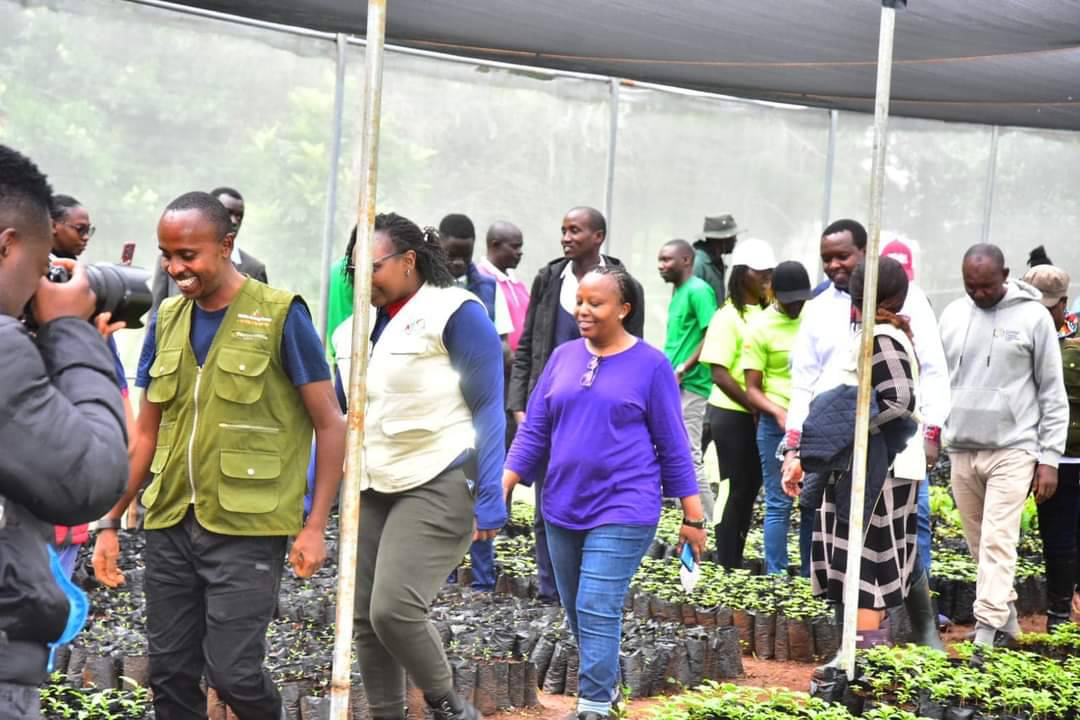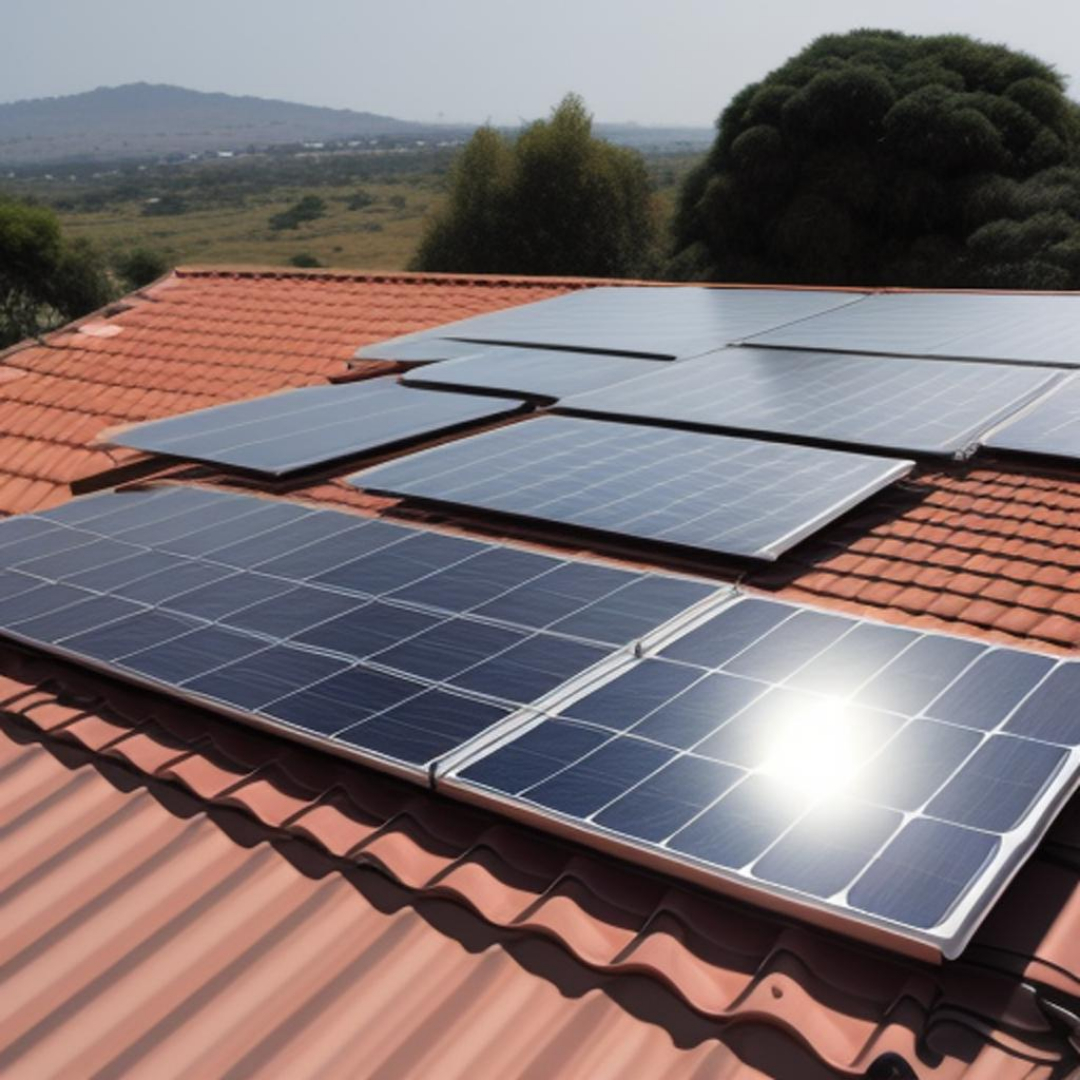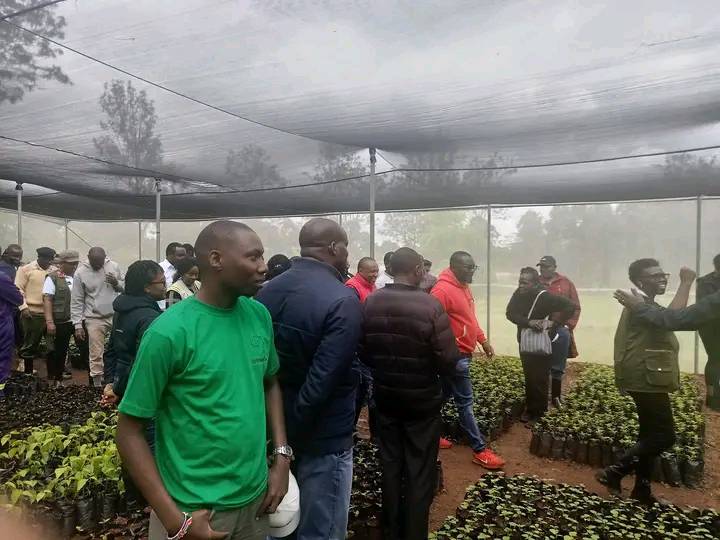


Bevis Africa is a Climate Fintech Company with the goal of expediting regenerative finance and significantly reducing carbon emissions on a large scale.
Revolutionizing climate resillience by leveraging technology to empower small-scale producers in GHG reduction in Africa
Read moreBevis Africa offers a wide range of products and services to support the needs of our clients. Our offerings are designed to enhance efficiency, reliability, and sustainability.



Choose Bevis Africa for pioneering solutions that bridge gaps in carbon project development, empowering communities across Africa with sustainable tools, renewable energy solutions, and measurable impact in combating climate change.
We are creating an integrated system that bridges the gaps in carbon project development, we aim to empower local communities in various ways, including provision of aquaculture equipment, production tools, subsidized solar lighting devices for renewable energy transition, and subsidized solar-powered irrigation motors to enhance farming.
We measure impact by the amount of carbon emissions removed from the atmosphere through our curated projects focused on carbon sequestration.
Our initiatives aim to foster sustainable development and promote renewable energy among communities most affected by climate change, thereby promoting social equity, creating new jobs, and reducing poverty.
